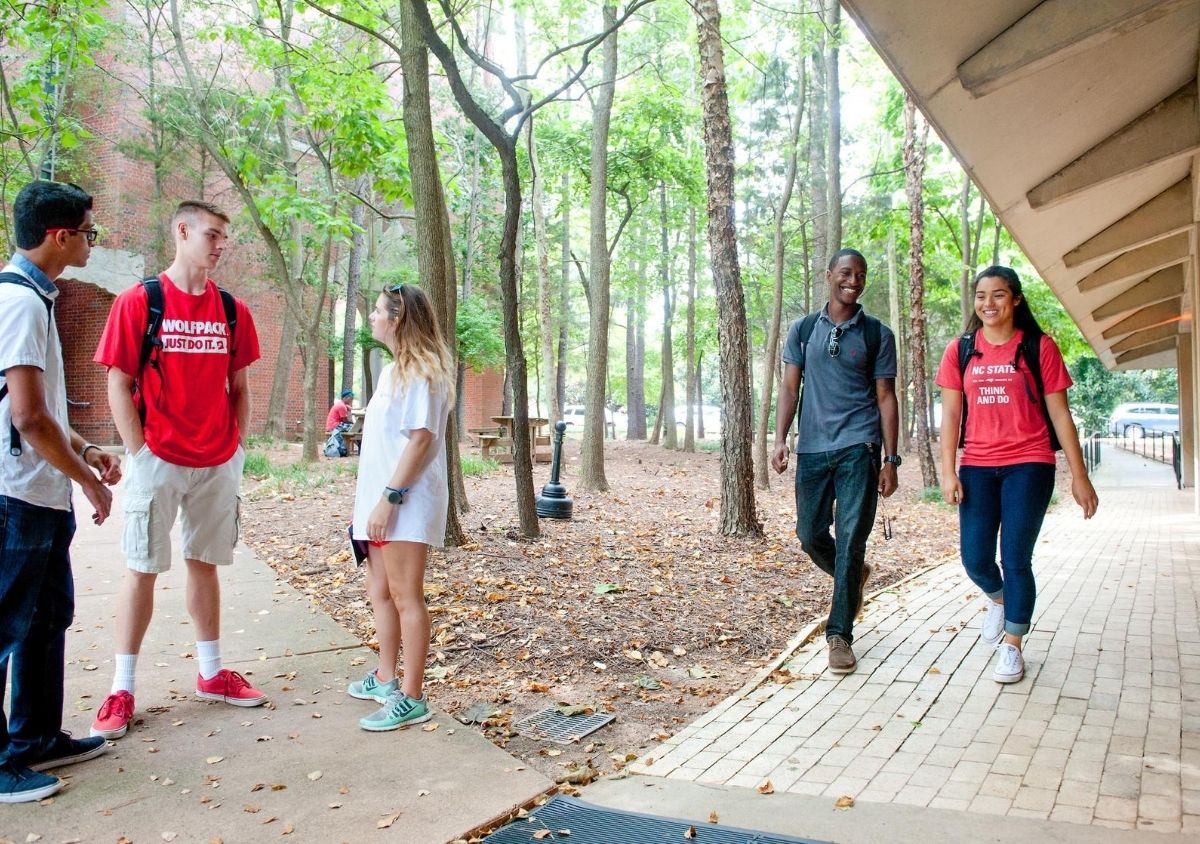Preparing Parks, Recreation and Tourism Students to Serve Diverse Audience

Researchers said cultural competence is an essential ability for parks and recreation professionals to interact effectively with people of different cultural and socio-demographic backgrounds.
Departments offering studies in parks, recreation, and tourism in universities throughout the United States serve an increasingly diverse clientele.
Accordingly, many recreation and leisure departments across North America are preparing students to serve a diverse audience while simultaneously challenging oppression and advocating for positive social change.
Based on a panel discussion about diversity at the 2018 The Academy of Leisure Sciences (TALS) Research and Teaching Institute, North Carolina State University professors joined experts from around the country and nation in generating recommendations for other educators.
“There are specific things that instructors can do to improve students’ experiences and learning outcomes with respect to diversity,” said Kimberly Bush, director of undergraduate programs and teaching associate professor in NC State’s Department of Parks, Recreation and Tourism Management. “It is critical instructors know their conceptual orientation to subject matter, and that they encourage student experiences and voices to guide the learning process.”
“Outdoor recreation has traditionally been viewed as a white, middle-to-upper class activity,” she added. “However, as we see more people of color engaging with nature and the outdoors, others may be inspired to enroll in recreation programs and get outside themselves.”
Recommendations for instructors were published in a recent paper in SCHOLE: A Journal of Leisure Studies and Recreation Education. They included:
- Self-assess personal values and biases affecting teaching.
- Create a collaborative learning space.
- Focus on the social structures perpetuating oppression.
- Emphasize authentic participation and action.
The paper also highlights specific activities that may help other instructors facilitate students’ connections with broader issues of social justice.
“The (approach) of our field needs to move beyond teaching diversity, which simply aims to identify and understand differences,” said Lincoln Larson, associate professor in NC State’s Department of Parks, Recreation and Tourism Management and a co-author of the paper. “Deepening diversity can only happen when instructors embrace a philosophy of social justice that encourages students to actively challenge social inequality and oppression.”
In addition to making specific recommendations, the experts also offered perspectives on their own teaching strategies. The paper included two perspectives from NC State experts: one from Bush and one from KangJae “Jerry” Lee, assistant professor in the Department of Parks, Recreation and Tourism Management.
“One of our responsibilities as university faculty is to make sure that we teach our students about enduring injustices in U.S. society such as ageism, elitism, sexism, and racism,” Lee said. “We can’t make positive changes in our society if future generations are not equipped to discern or fight against bigotry and prejudice.”
The paper, “Deeping Diversity: A Collection of Teaching Perspectives and Strategies from Social Justice Advocates,” was published in “SCHOLE: A Journal of Leisure Studies and Recreation Education.”
This post was drawn from a story by Cara Lewis originally published on the Department of Parks, Recreation & Tourism Management website.
- Categories:


